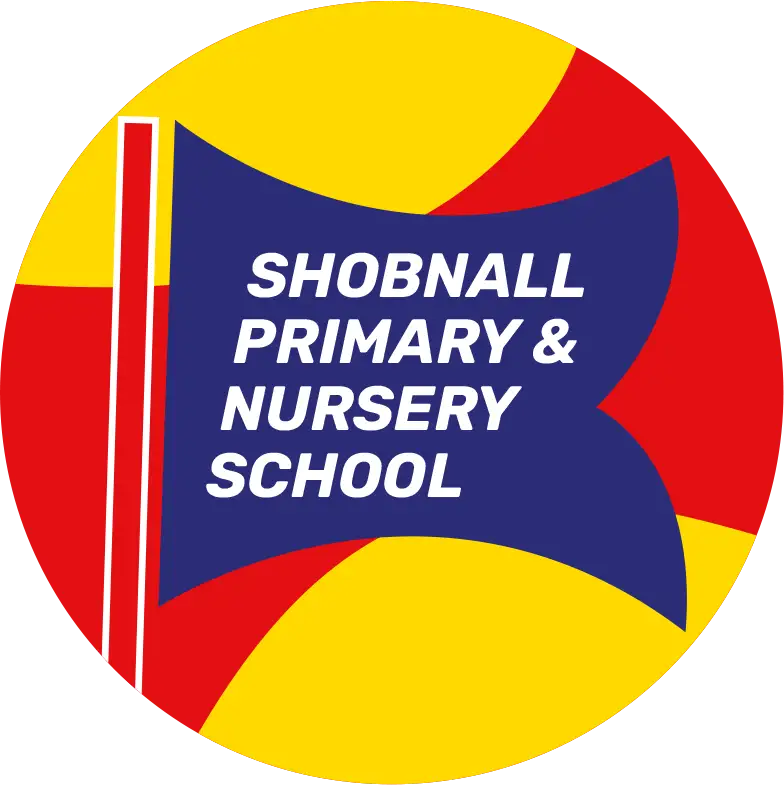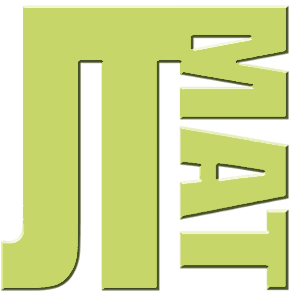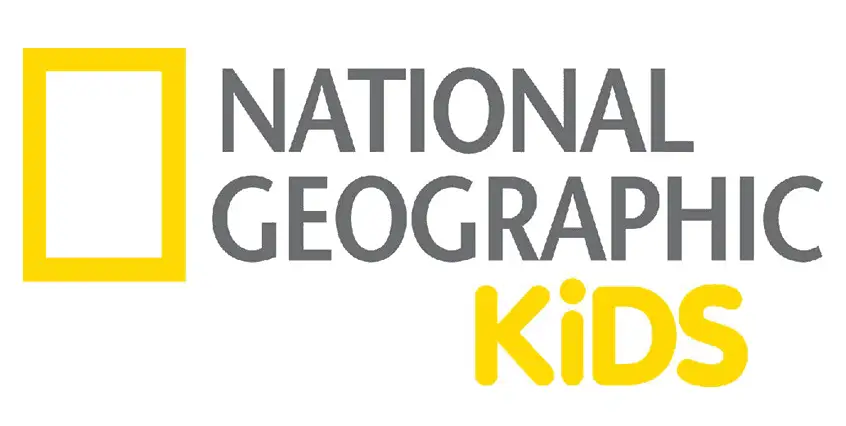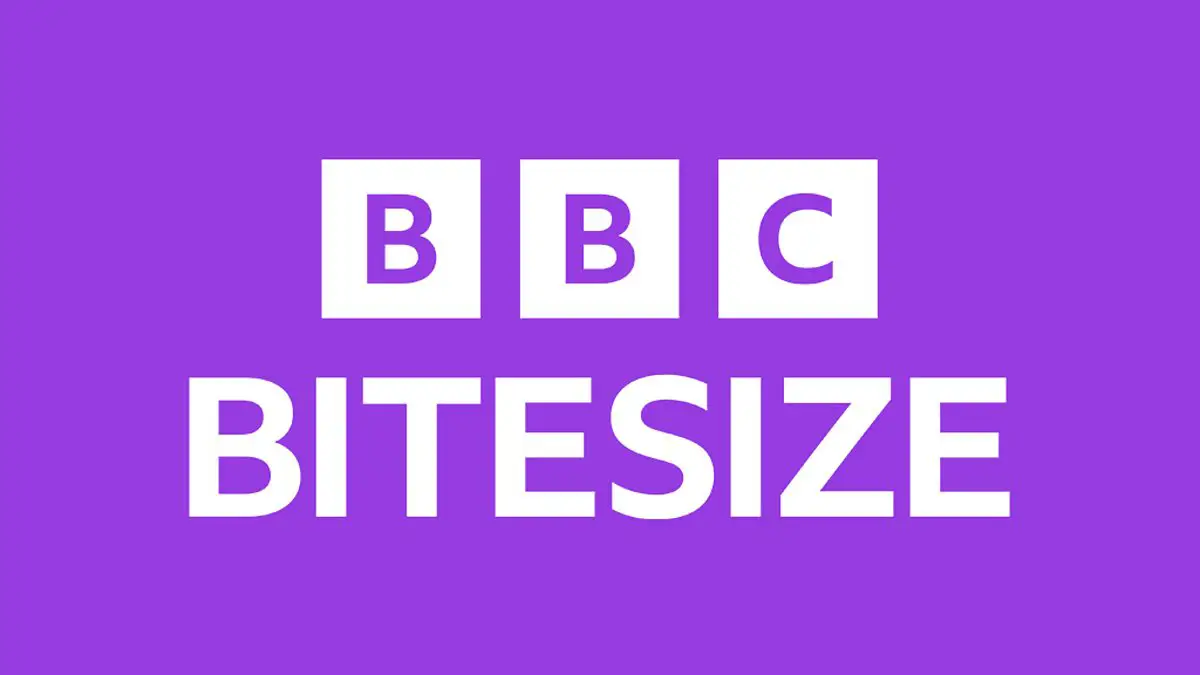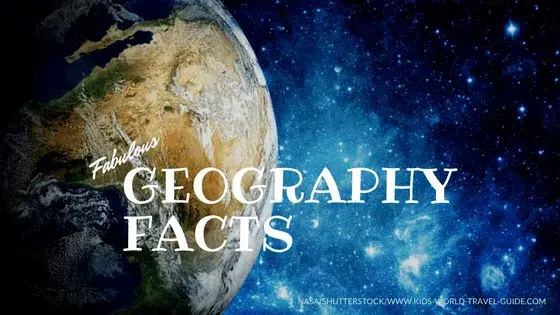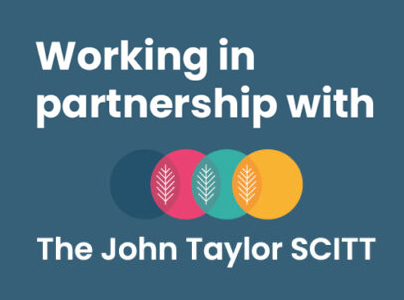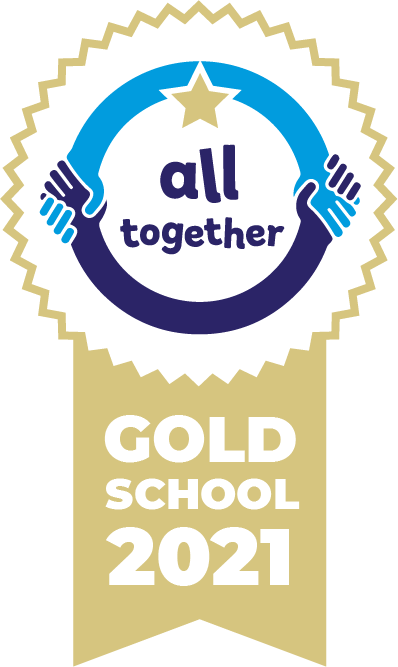Geography
Subject Leader
Mr D. Adams
Hi, I’m Mr Adams and I am the subject leader for Geography at Shobnall Primary & Nursery School. I enjoy Geography as it is an engaging subject where the children can increase their knowledge of the world and develop key skills. There are many cross-curricular links to ensure pupils are able to see the subject in context of themselves and the lives of the community around them and wider world, developing their ideas of global citizenship and an appreciation of life in other cultures.
To create a positive culture around Geography, we use the key content from the National Curriculum and consider how this can be used to ensure exploration of the world around us and being able to compare and contrast our immediate environment and others around the world. We strive to ensure that our Geography curriculum allows children to reach their full potential. To achieve this shared goal, I continually aim to develop my own practice and stimulate the children’s interest in our local, national and global environments.
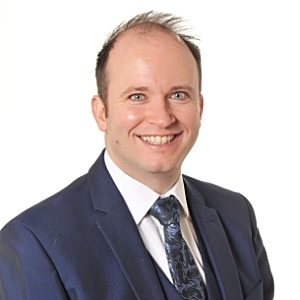
Vision
At Shobnall Primary & Nursery School, our vision is to enable children to have an excellent knowledge of where places are and what they are like, highly developed and frequently utilised fieldwork as well as other geographical skills and techniques. Our children display a passion for and commitment to the subject, and a real sense of curiosity to find out about the world and the people who live there.
Aims and Goals
Learning is a change to long-term memory. Our aims and goals are to ensure that our students experience a wide breadth of study and have, by the end of each key stage, long-term memory of an ambitious body of procedural and semantic knowledge.
- We ensure our pupils have an extensive base of geographical knowledge and vocabulary. They will have fluency in complex, geographical enquiry and the ability to apply questioning skills and use effective analytical and presentational techniques.
- We provide our children with an excellent knowledge of where places are and what they are like and an excellent understanding of the ways in which places are interdependent and interconnected and how much human and physical environments are interrelated. Pupils have highly developed and frequently utilised fieldwork and other geographical skills and techniques.
- We believe our pupils should have the ability to reach clear conclusions and develop a reasoned argument to explain findings. They will have significant levels of originality, creativity or imagination as shown in interpretations and representations of the subject matter. They display the ability to express well-balanced opinions, rooted in very good knowledge and understanding about current and contemporary issues in society and the environment.
Curriculum
Our intention is to provide a creative, inclusive and challenging geography curriculum that is inspired by the world around us.
EYFS
We teach Geography in the EYFS classes as an integral part of the topic work covered during the year. As the nursery and reception classes are part of the Early Years Foundation Stage, we relate the geographical aspects of the children’s work to ‘People, Culture & Communities’ and ‘The Natural World’ strands within the Early Years Curriculum. Geography makes a significant contribution to the development of each child’s knowledge and understanding of the world, through activities such as collecting postcards from different places, singing songs from around the world, or investigating what makes a ‘good’ playground.
KS1 and KS2
The Primary National Curriculum for Geography aims to ensure that all pupils:
- Develop contextual knowledge of the location of globally significant places – both terrestrial and marine – including their defining physical and human characteristics and how these provide a geographical context for understanding the actions of processes.
- Understand the processes that give rise to key physical and human geographical features of the world, how these are interdependent and how they bring about spatial variation and change over time.
- Are competent in the geographical skills needed to:
- Collect, analyse and communicate with a range of data gathered through experiences of fieldwork that deepen their understanding of geographical processes.
- Interpret a range of sources of geographical information, including maps, diagrams, globes, aerial photographs and Geographical Information Systems (GIS).
- Communicate geographical information in a variety of ways, including through maps, numerical and quantitative skills and writing at length.
Assessment
Children demonstrate their ability in Geography in a variety of different ways. Younger children may, for example, dress up in costumes from different parts of the world, whilst older pupils might produce a PowerPoint presentation based on their investigations of different sources of energy. Teachers will assess children’s work by making informal judgements during lessons. On completion of a piece of work, the teacher assesses the work and uses this information to plan future learning. Written or verbal feedback is given to the child to help guide his or her progress. Older children are encouraged to make judgements about how they can improve their own work. Once they complete a whole unit of work, we make a summary judgement of the work of each pupil in relation to the National Curriculum levels of attainment. We record the attainment grades.
Cross-Curricular
Fundamentally, everyone’s experience of the world is cross curricular, as everything that surrounds us can be seen and understood from multiple perspectives. Our Geography curriculum therefore aims to take advantage of a range of opportunities for children to make links between different subject areas, supporting the use and application of what has already been taught and learned in new and different ways and providing opportunities for deep, meaningful learning.
Visits and Enrichment
Educational visits and visitors are a fantastic opportunity for all pupils and truly enhance the teaching and learning of geography. Enabling children to make links between their learning in class and their first hand experiences of the real-world are valuable learning opportunities.
We have carefully selected experiences to allow our children to have engaging, educational experiences. We offer children the opportunity to go on a residential visit to France in Year 5/6, where they learn about the physical and human geographical features, visit the beach and explore the culture the country has to offer. In Year 1, there is a visit to Stafford Castle and in Year 3 and 4, the children can travel to Twycross Zoo, where they learn about a variety of animals from around the world. All year groups have the opportunity to explore our local area.
Pupil Voice
In order to create an inspiring curriculum relevant to the children in our care, we feel it is crucial to capture their views.
Documents and Useful Links
Please see our Geography long term plan and policy that relate to the intent, implementation and impact of geography teaching and learning at Shobnall Primary & Nursery School. Click on the links below for useful resources too!
